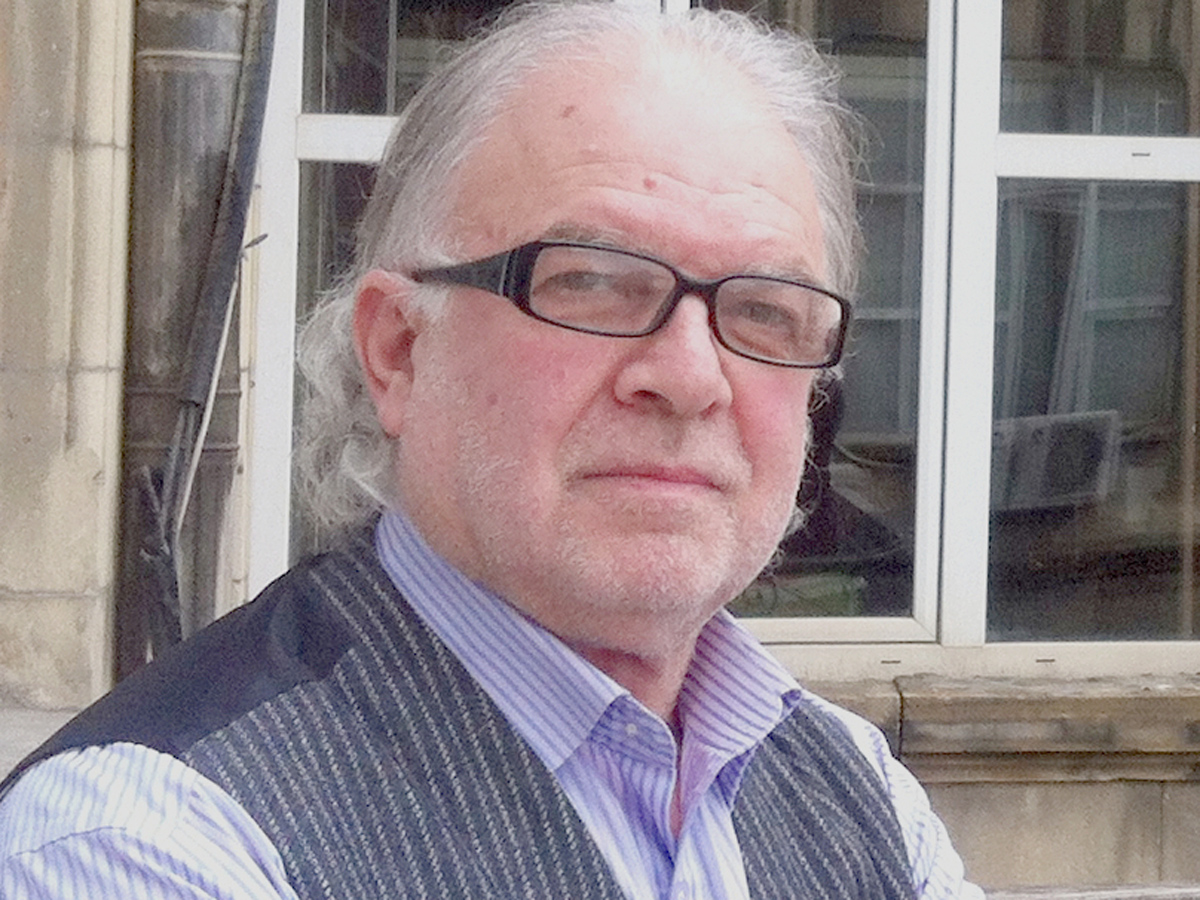The Syrian peace talks – give peace a chance

By Claude Salhani
As the Syrian government and opposition groups convened in Geneva for a new round of peace talks under UN auspices the meetings intended to bring about peace, unleashed a deadly spurt of renewed fighting as each side wanted to display its position of power.
Opposition delegate Bassma Kodmani said the bombings had increased in the last week. "In preparations for the negotiations, everything has intensified. The sieges have become total," she said.
On Sunday, the United Nations said that Mouadamiya, a rebel-held town of 45,000 on the southwestern edge of Damascus, faced a new siege by government forces.
Meanwhile, more than 60 people died last Sunday when the Islamic State claimed responsibility for an attack in the Sayeda Zeinab district of Damascus, according to Amaq, a news agency that supports the militant group. It said two operations "hit the most important stronghold of Shi'ite militias in Damascus." The Britain-based Observatory put the death toll at over 60, including 25 Shi'ite fighters.
EU foreign policy chief Federica Mogherini said the attacks were "clearly aimed to disrupt the attempts to start a political process" to end a conflict that has killed more than 260,000 people.
France and Britain have accused the Syrian president of undermining the talks to favor the military solution. The opposition too, are sticking to their guns, so to speak, as this latest round of negotiations was stillborn before it even started.
The dilemma in the Syrian conflict is this that there can be single winner either on the battlefield or at the negotiating table.
After five years of continued violence that has completely destroyed the country and created a refugee crisis of horrific proportions, turning half its population --10 million people -- into refugees, scattering them across the globe, hope that the Geneva talks would bring peace closer has evaporated.
The president, who rules over only the small percentage of what was Syria before the war, believes he is in a position of force, now that he has the support not only of Iran and Lebanon’s Hezbollah, but support of Russia as well.
Syria today is not the Syria of pre-war. The country is now occupied by forces of the so-called Islamic State, and other parts of the country are under control of various rebel forces, and still, President Bashar Assad, refuses to concede and leave the presidency.
In Geneva where the Syrian peace talks were to take place, the opposing side would not even convene in the same room, instead the UN negotiators would shuffle back and forth, relaying demands and counter demands.
The Syrian peace talks today are probably as complicated as were the Lebanese peace talks held in the luxury of a five star hotel in Lausanne in 1984. The sheer number of parties involved, each armed with their own list of demands, and expectations contribute to the complexity of negotiations.
At one point in the 15 year Lebanese civil war there were no fewer than 98 different armed groups of various sizes and importance, some controlling no more than a single street, others welded more power than the national army.
In Syria too, the opposition is divided and composed of a multitude of parties and armed militias who spend as much time fighting each other as they do the central government they want to overthrow.
Claude Salhani: journalist, author, political analyst and TV and radio commentator is one of the most knowledgeable voices on the Arab-Israeli issues, the Greater Middle East, Central Asia, terrorism, and political Islam.
Claude Salhani is the author of the newly released novel, Inauguration Day-a thriller. On sale now at Amazon.com.
Here we are to serve you with news right now. It does not cost much, but worth your attention.
Choose to support open, independent, quality journalism and subscribe on a monthly basis.
By subscribing to our online newspaper, you can have full digital access to all news, analysis, and much more.
You can also follow AzerNEWS on Twitter @AzerNewsAz or Facebook @AzerNewsNewspaper
Thank you!
